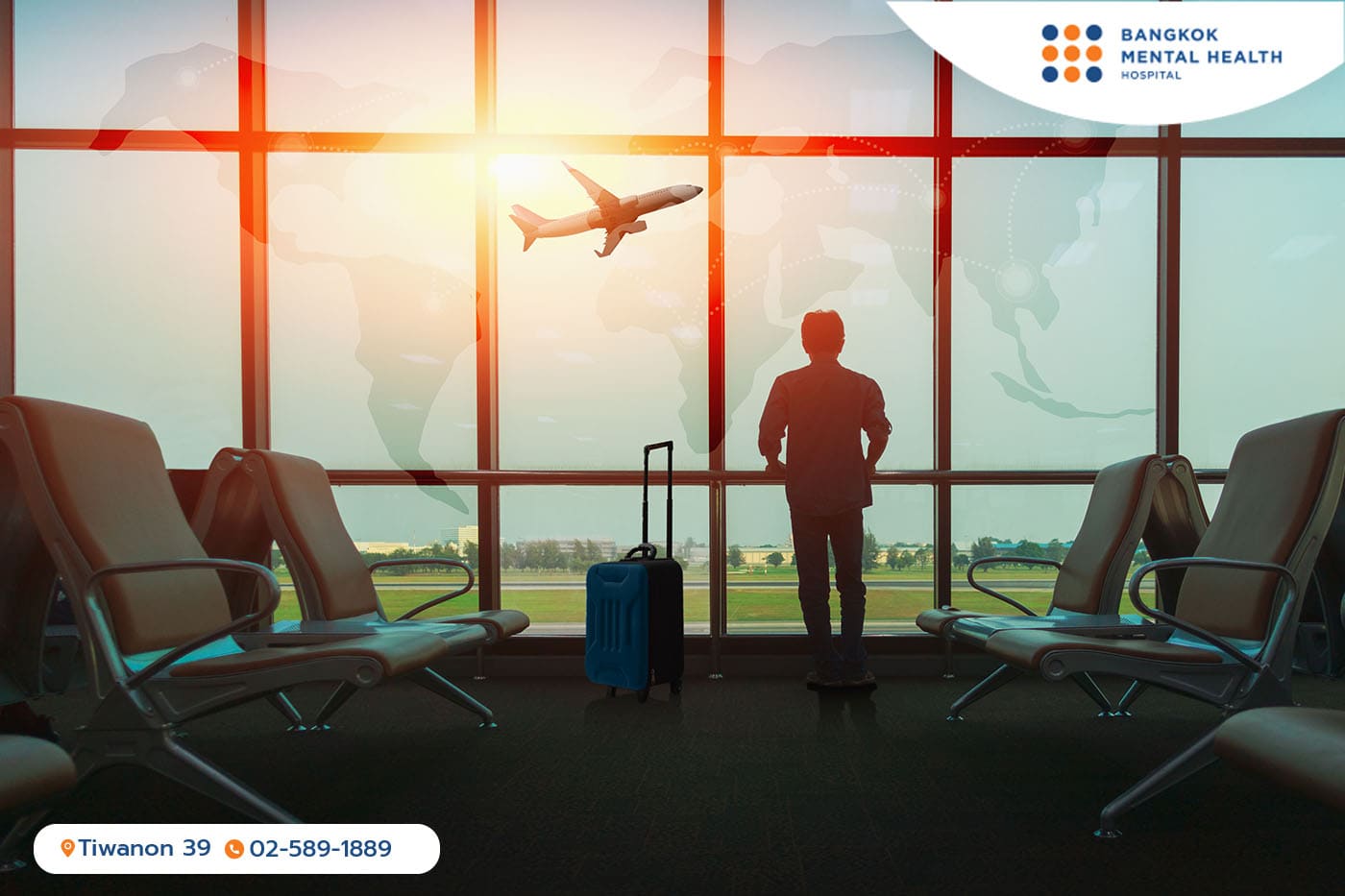
When it comes to flying, some people may feel unsafe or too afraid to travel, even if they want to visit other countries. Common fears include heights, takeoff, landing, turbulence, etc. If you experience these symptoms, you may have a fear of flying that prevents you from seeing amazing places around the world.
6 Ways to Relax Fear of Flying
- Be brave to start the journey – Look at the bigger picture. Think of your dream destination. Focus on the excitement of seeing it with your own eyes. See travel as the start of happiness, not a source of anxiety or fear.
- Start with short flights – Instead of road trips, try taking flights for domestic trips under 1 hour first. The short duration prevents prolonged anxiety. If the first time goes well, the anxiety level should gradually come down.
- Choose seats wisely – For anxious first-timers, sit near companions or the aisle for easy access and a sense of spaciousness. Avoid window seats if you severely fear heights.
- Stay occupied – Sitting still and letting your mind wander can increase boredom or excessive worry. Bring a book you enjoy or download favorite podcasts to make the flight go by quicker.
- Think positively – If turbulence hits, don’t panic. The well-trained pilot is working to restore normalcy. Modern aircrafts have advanced technology and tracking equipment to ensure safety. The chances of an accident are 1 in a million or even less.
- Calm your mind – If still anxious after trying the above, practice slow deep breathing to relax. Some may try reciting short mantras or meditating periodically to reduce anxiety.
These are tips to hopefully make flying easier for those with travel anxiety or aerophobia. Don’t forget to look ahead to your exciting destination – the joy awaits you there.
Related Articles

Histrionic Personality Disorder
Individuals with Histrionic personality disorder (HPD) often exhibit dramatic and highly emotional behaviors, as their self-worth is largely dependent on the approval and validation of others. Although the theatrical nature of HPD can sometimes appear charming, it often masks a distorted self-image and can lead to significant difficulties in personal relationships and daily life. It’s one of […]

Schizoid Personality Disorder
Schizoid personality disorder is a mental health condition characterized by a persistent pattern of detachment from social relationships and a limited range of emotional expression. Individuals with this disorder often appear distant, aloof, and may have little desire for close friendships or romantic connections. Unlike some other mental health conditions, a person with schizoid personality […]

Bulimia Nervosa
Bulimia nervosa is a serious eating disorder and it can become life-threatening if left untreated. People with bulimia often have a distorted view of their body and an intense fear of gaining weight. This can lead to a cycle of binge eating and compensatory behaviors, such as self-induced vomiting or excessive exercise, in an attempt to control […]
Talk to Doctor
Call Us
Line BMHH